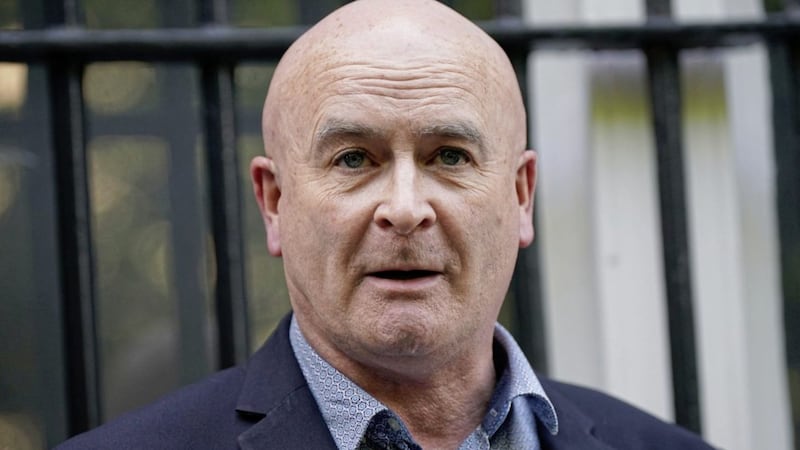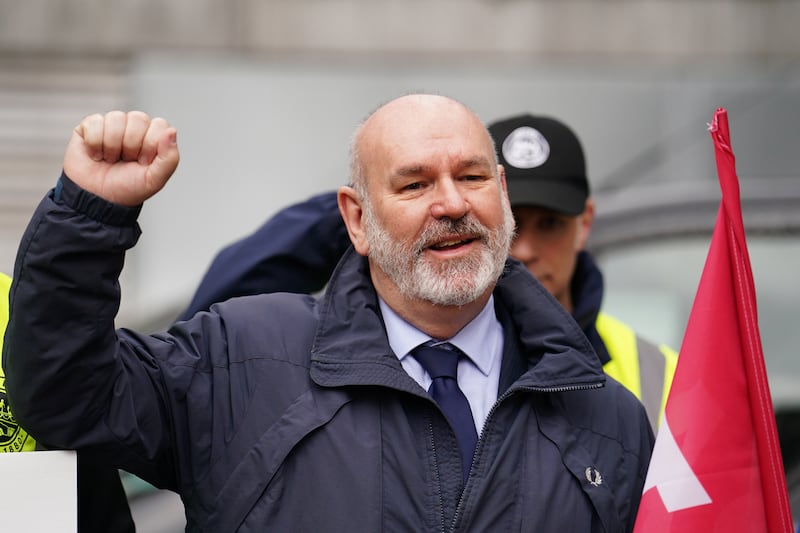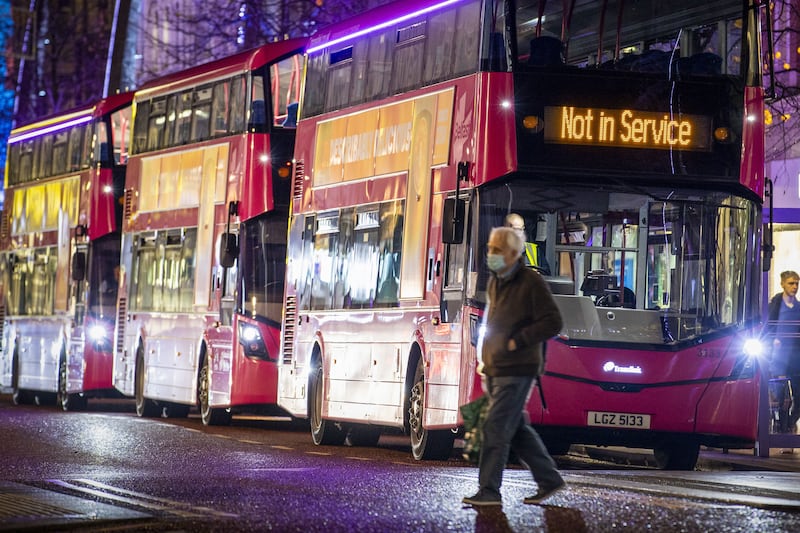ARE we suffering from collective amnesia, where everything previous generations learnt has been thrown into a giant skip and set on fire?
Rows over the effectiveness or otherwise of the Covid vaccine dismissed hundreds of years of research in favour of conspiracy theories.
Complaints over mask-wearing in indoor public spaces suggested some people had no idea, or interest, into how airborne viruses spread.
Last year, I chatted to an older friend whose aunt had served as a nun in South Africa.
She said the remote convent had a special building, away from the main congregation, where sisters showing signs of infectious disease were sent to recover.
My friend thought that common knowledge on the importance of washing your hands, and how to deal with some illnesses, had been lost in countries where relatively easy access to medical care meant that a certain laxness had crept in over public health.
Broadcast reports of last week’s rail strike in Britain – the largest in more than 30 years – made me question if our collective amnesia extended to the purpose of trade unions and how strikes actually work.
Large-scale industrial action was more prominent and widespread decades ago. The famous Winter of Discontent in the late 1970s saw private and public sector trade unions take action to push for higher pay.
The miners’ strike of the mid-eighties, taken by unions in an attempt to halt colliery closures, had arguably the biggest impact of any industrial action in the world.
Even in the nineties tabloid newspapers employed industrial correspondents, knowing that the views of trade union leaders would be widely read, even if their readers didn’t necessarily agree with what was being said.
The last major strike came in 2011, when up to two million public sector workers, including many teachers, held a 24-hour stoppage over pension cuts. But that was relatively minor, compared to previous action.
Perhaps because trade union membership has significantly declined since the 1970s, and widespread strikes are rarer now, common knowledge of what they involve has been lost.
That’s the most generous explanation for the increasingly mad questions directed at Mick Lynch, head of the National Union of Rail, Maritime and Transport Workers (RMT), last week.
Mr Lynch appeared on almost every broadcast news outlet in the country, batting away the more hysterical lines of questioning with the confidence of someone who actually knew what he was talking about.
Asked by Sky what the union would do if government-appointed agency workers crossed picket lines, Mr Lynch replied: “We’re in a picket line and we'll ask them not to go to work. Do you not know how a picket line works?”
Mr Lynch had the misfortune to go on Piers Morgan Uncensored and was forced to talk about why his Facebook profile photo showed Thunderbirds baddie The Hood.
Was Mr Lynch comparing himself to a megalomaniac wanting to take over the world, Mr Morgan asked.
Mr Lynch pointed out that The Hood was in fact a puppet “made out of vinyl” and not a real person.
Much of the coverage queried the impact of the strike on commuters, without highlighting that the strikers are workers themselves, and seemed to question the validity of holding any kind of industrial action.
Many of the rights we take for granted – equal pay legislation for women, sick pay and annual leave – were achieved by collective action.
Those rights didn’t happen because workers left it up to employers or the government to decide, they happened due to consistent lobbying and, in some cases, work stoppages.
The idea that rail workers should not protest that their wages have been hit by rocketing inflation, while at the same time commuters are paying higher fares, is laughable.
It should be noted that, unlike Britain, public transport fares in the north have been frozen, making buses and trains a much more attractive prospect for commuters at a time when fuel prices are soaring to unprecedented highs.
A government which has been in power for 12 years, and has consistently pushed an austerity agenda, was always unlikely to support any change to the status quo.
But the strikes have reminded me once again that, as a life-long trade union member, a bit of education on the history of industrial action, and why it is needed, wouldn’t go amiss.








